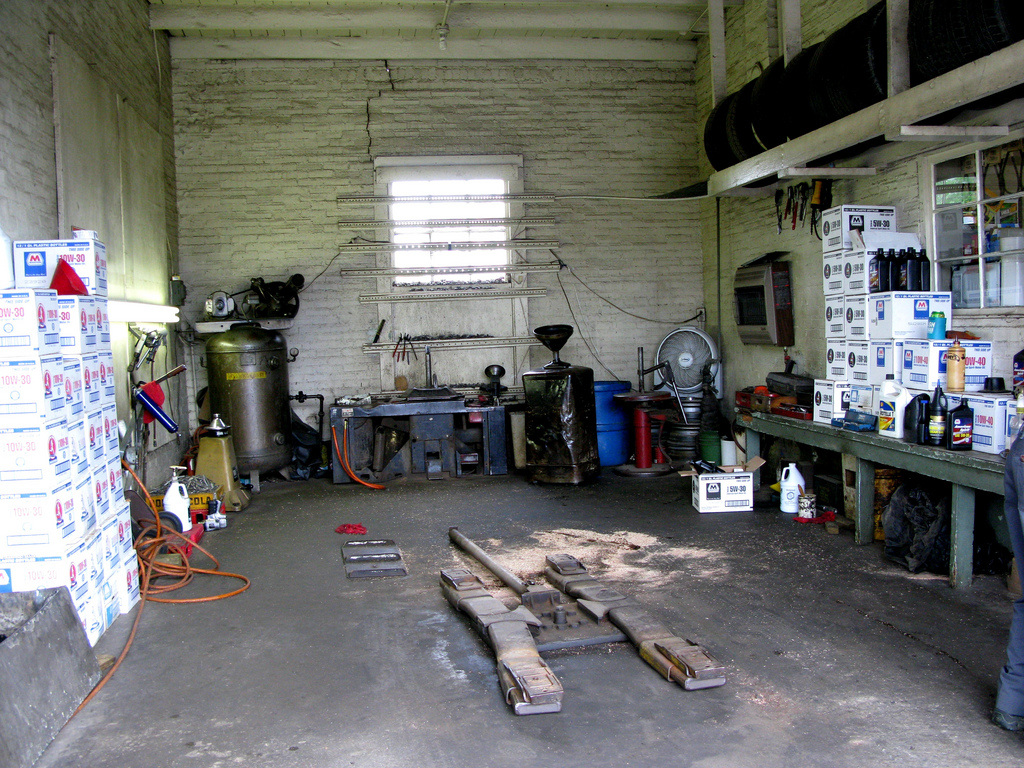| A columnist who predicts the future treads on dangerous soil. But by the time events prove me wrong, this piece could be buried under so many electronic archives no one but a doctoral student desperate for an obscure thesis would even think to look for it. So here goes: The day is coming when anyone who actually, physically drives his or her own car will be considered a reckless endangerment to the general public. (Motorcycles may be an exception, as I have yet to figure out how they could drive themselves, but bear with me here.) |
| | Given that Delphi Automotive just successfully launched a self-driven car that went 3,400 miles cross-country, this day may be sooner than anyone expects. But given this, and given human nature, the next prediction is that people who yearn nostalgically for the days when humans sat behind wheels and steered their own way in life will form clubs. They will collect old cars and risk public ridicule by driving them, and they will tinker with the engines. The latter activity will be particularly inviting to hobbyists because it will be illegal for smart-car owners to work on their own vehicles. And that day may be coming sooner than expected, too. A controversy is brewing among auto enthusiasts, just out of the earshot of the mainstream media. It involves the U.S. Copyright Office and whether it will grant an exemption from the Digital Millennium Copyright Act for tinkerers, or people who want to modify their own cars after buying them. To put this in simple terms, the question is whether, going forward, you will own the inner workings of that high-tech and incredibly expensive car you drove off the lot, or whether a car is just another computing device and the manufacturer owns the copyright to all that stuff inside. A number of auto blogs and websites, such as autoblog.com, jalopnik.com and the Electronic Frontier Foundation say automakers are making the argument that you should be prohibited from looking under the hood yourself. They cite safety reasons. In a future where cars drive themselves — and in a present where electronic safety features already are integrated into your car’s circuitry — you might screw something up that ends up endangering other people on the road. If you think that sounds a little strange coming from an industry beset by recalls for life-endangering errors (Takata’s deadly airbag defect, anyone?), join the club. Some observers, such as blogger Pete Bigelow, note that independent researchers often find flaws manufacturers either fail to find or seem reluctant to acknowledge. But of course it isn’t as simple as just worrying about safety. That’s because cars no longer are simple. The internal combustion engine is only a minor part of it all. Put Wi-Fi in a car and you open up the wonderful world of hacking, both by the car’s owner and the outside world. If you tinker, you might find ways to download music illegally or to obtain satellite radio signals for which you haven’t paid. But even if you don’t tinker, outside hackers might find ways to rob you blind. The latter possibility was the subject of a recent report by Sen. Ed Markey, D-Mass. As the Washington Post reported, his concern is that automakers aren’t doing nearly enough to protect cars from invasion. Personal information isn’t the only thing at risk. Two years ago, researchers operating under a federal grant demonstrated to a Forbes.com writer how they could hack in and control the brakes of a car through a “beat up MacBook.” The brave world of the future may require real bravery, indeed. If you think futuristic driving will take a bigger bite out of the family budget than it currently does, you’re probably right. If the government won’t let ordinary people fix their own cars, you’ll have to go to the dealership or some other mechanic the manufacturer has authorized. And if the government does allow ordinary people to make repairs, you’ll need a degree in computer programming. Frankly, I hope I’m completely wrong about all of this. Just to be safe, however, I’m hanging onto my 2000 model sedan and waiting for the clubs to form. |


 RSS Feed
RSS Feed

